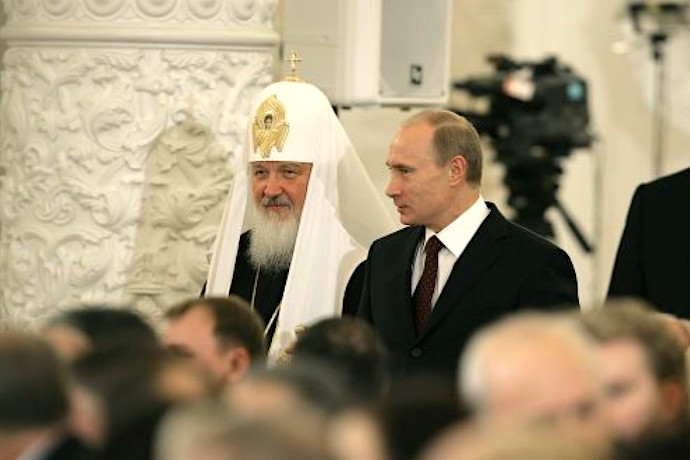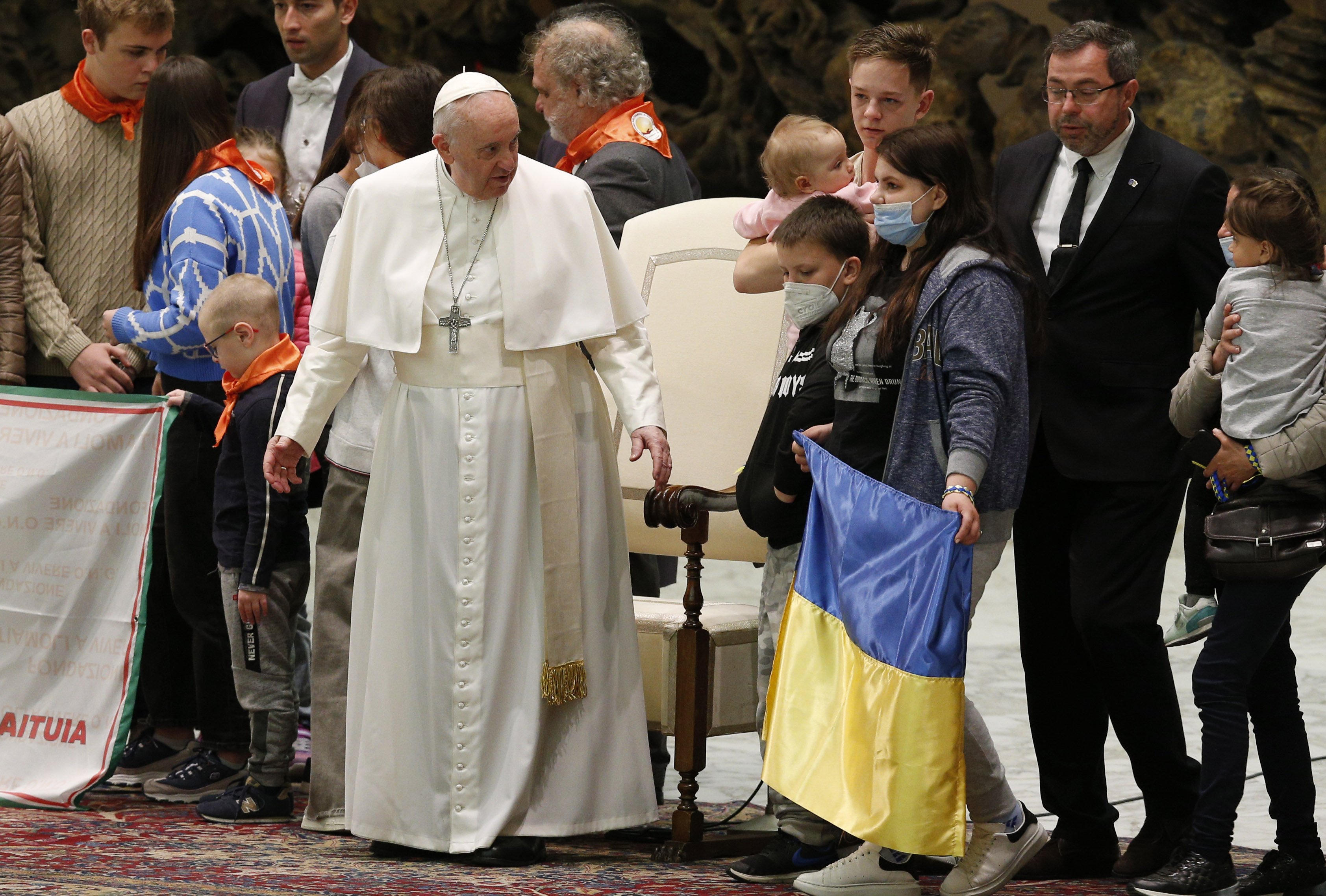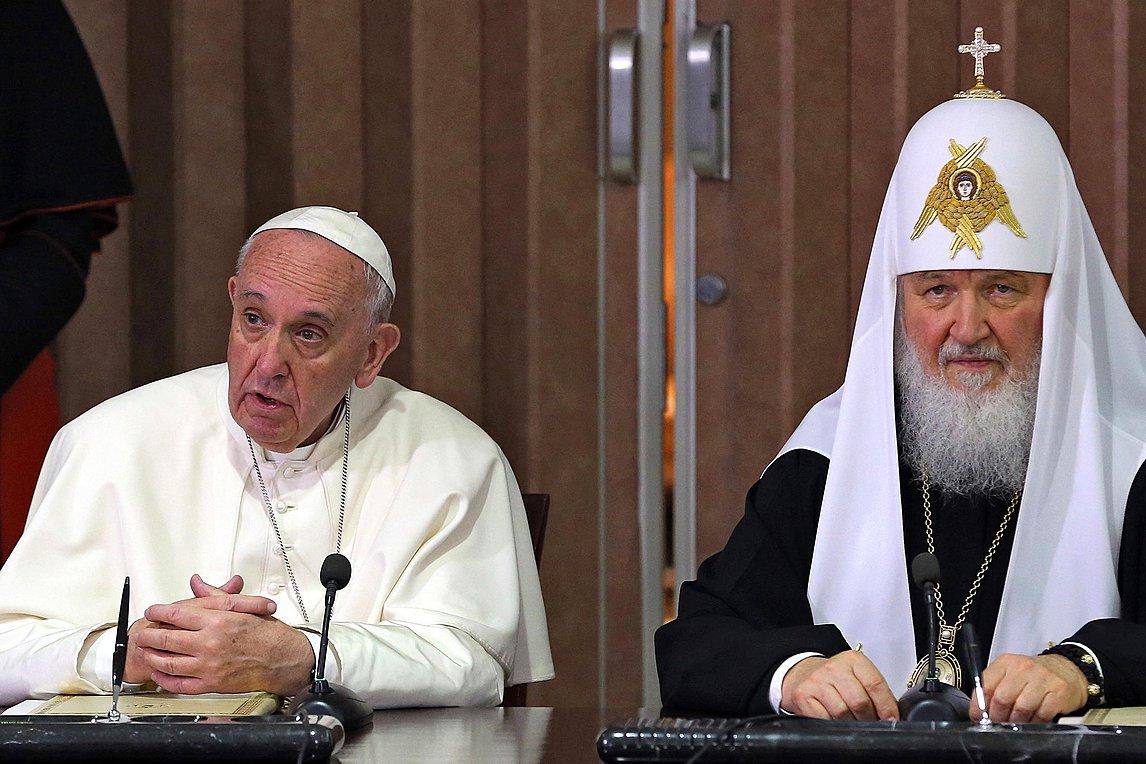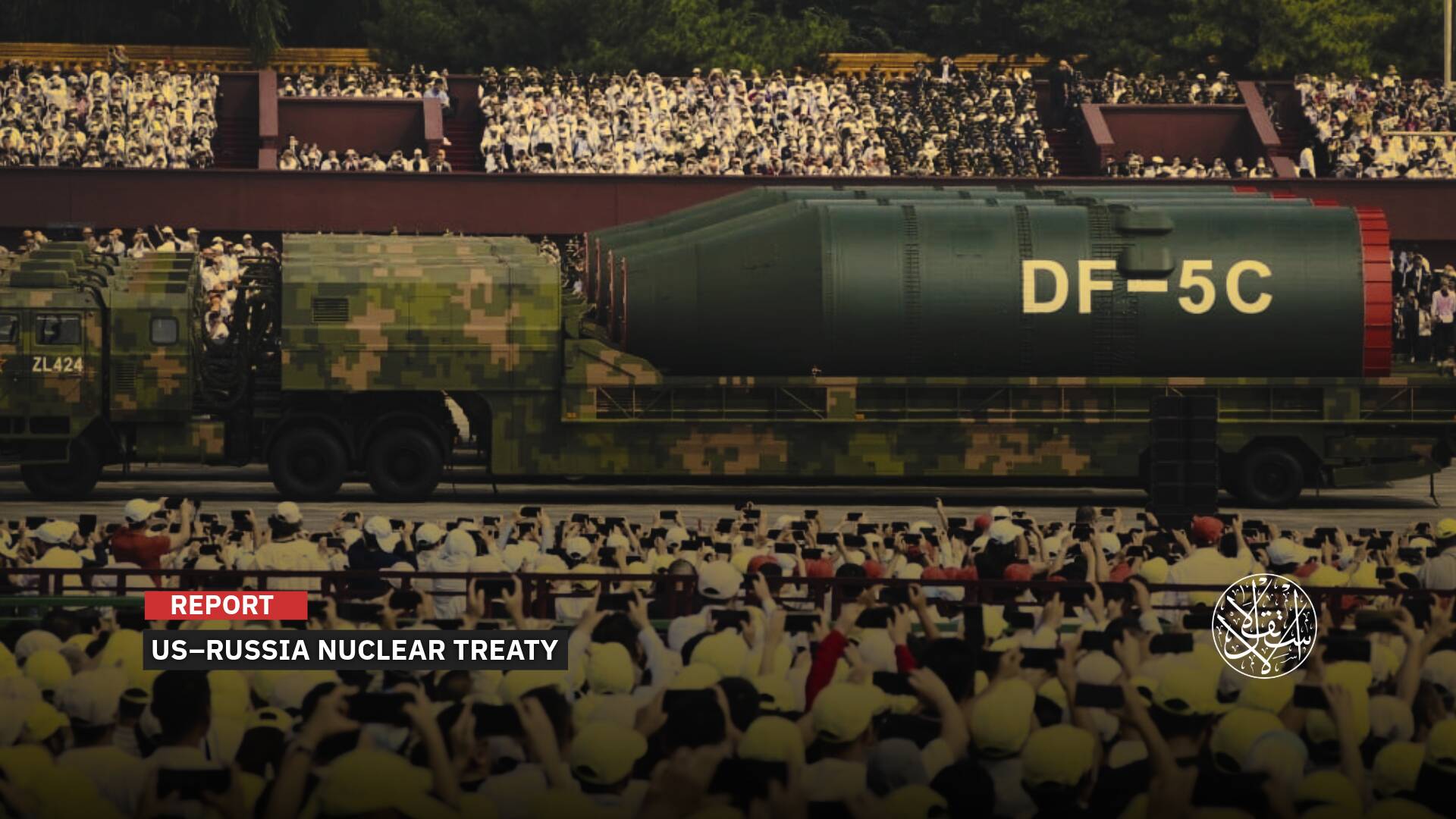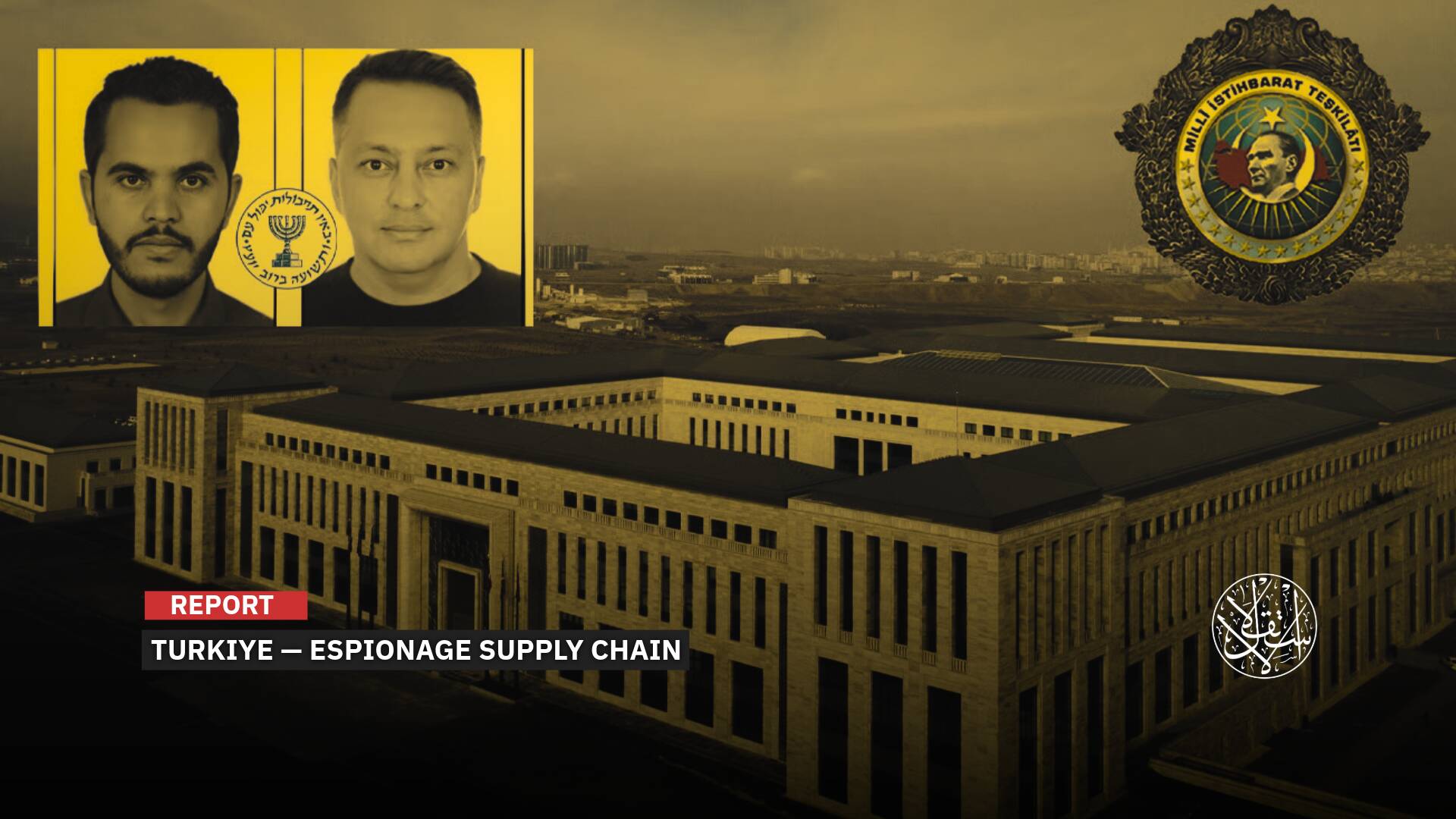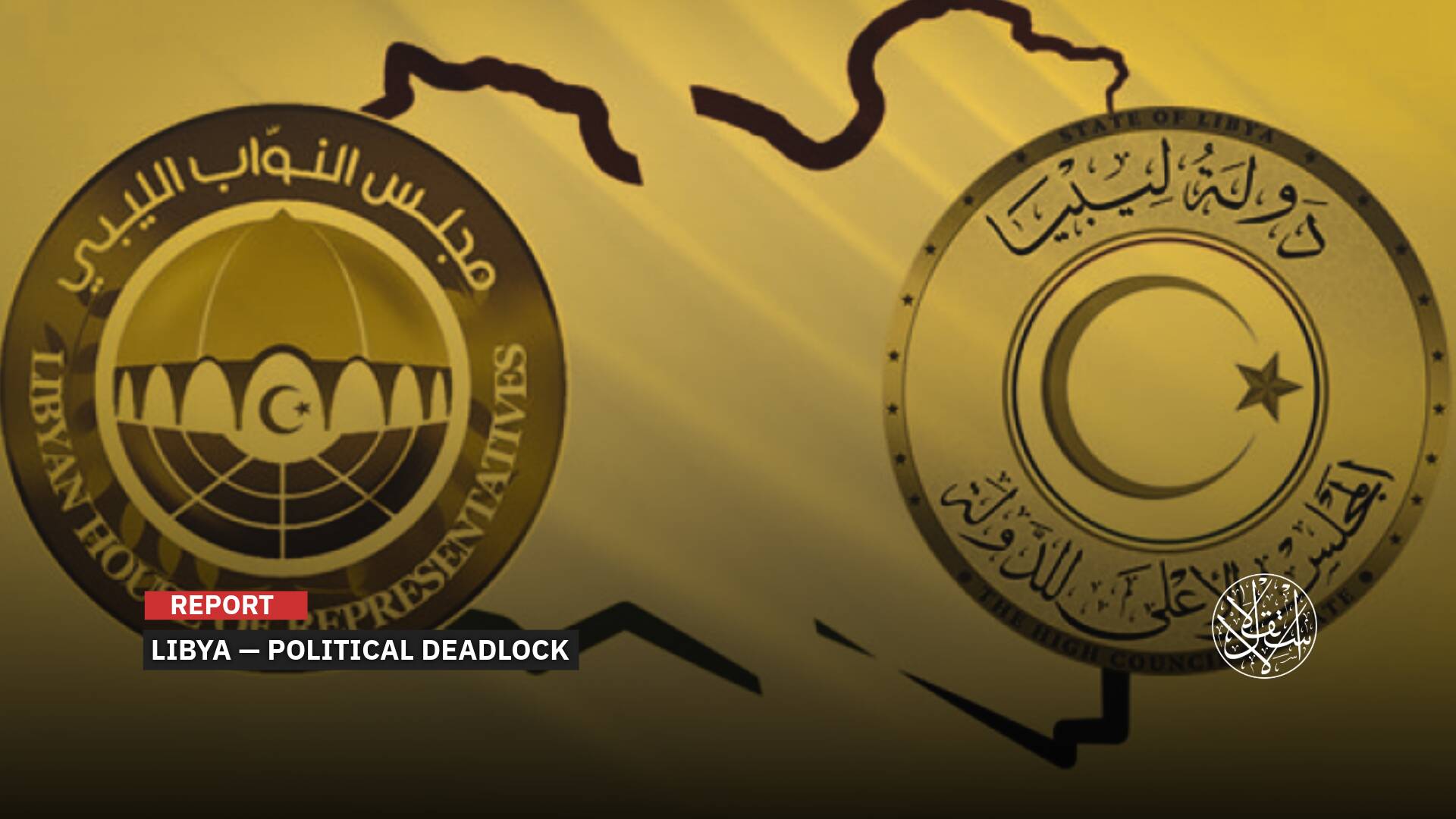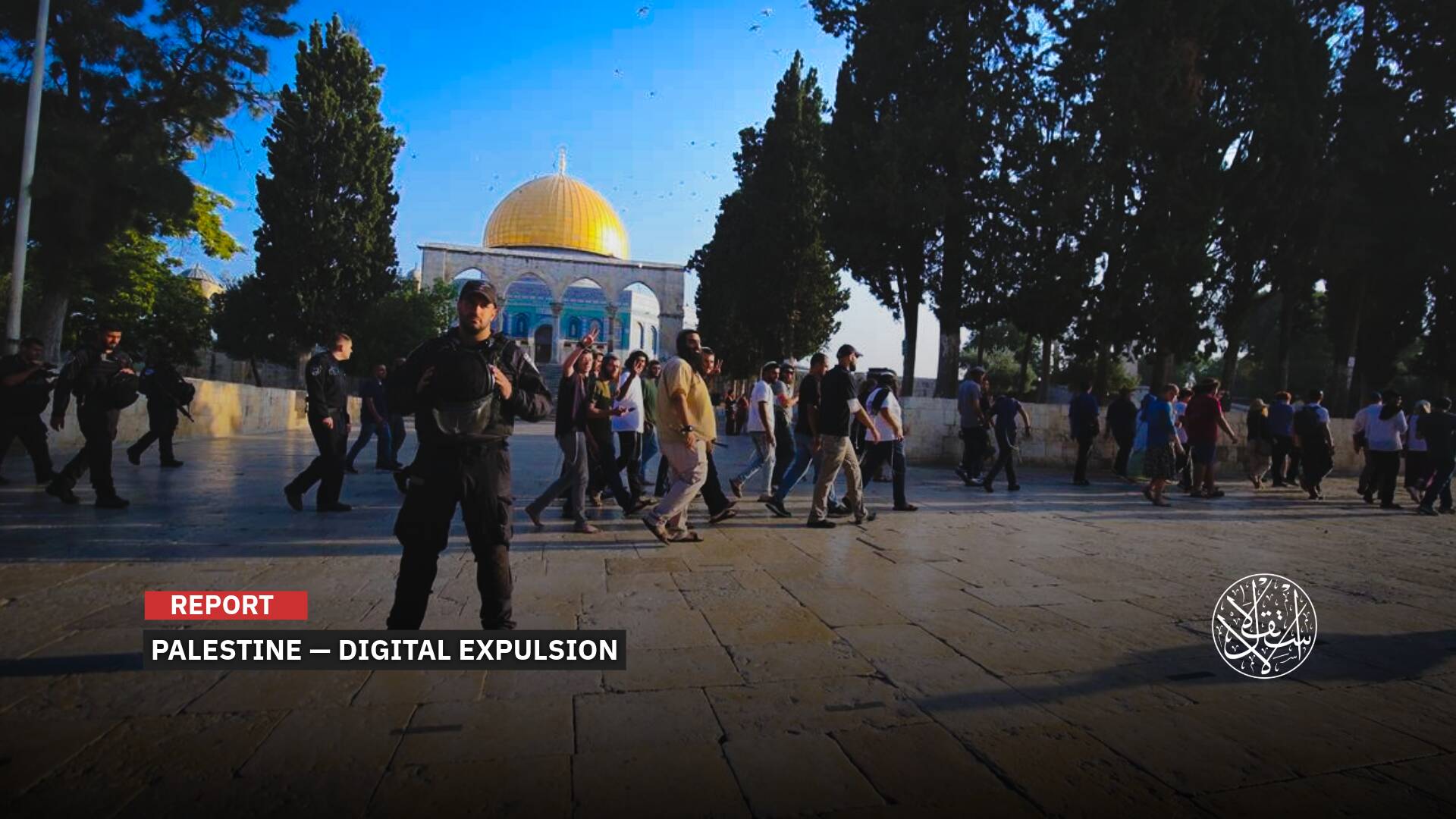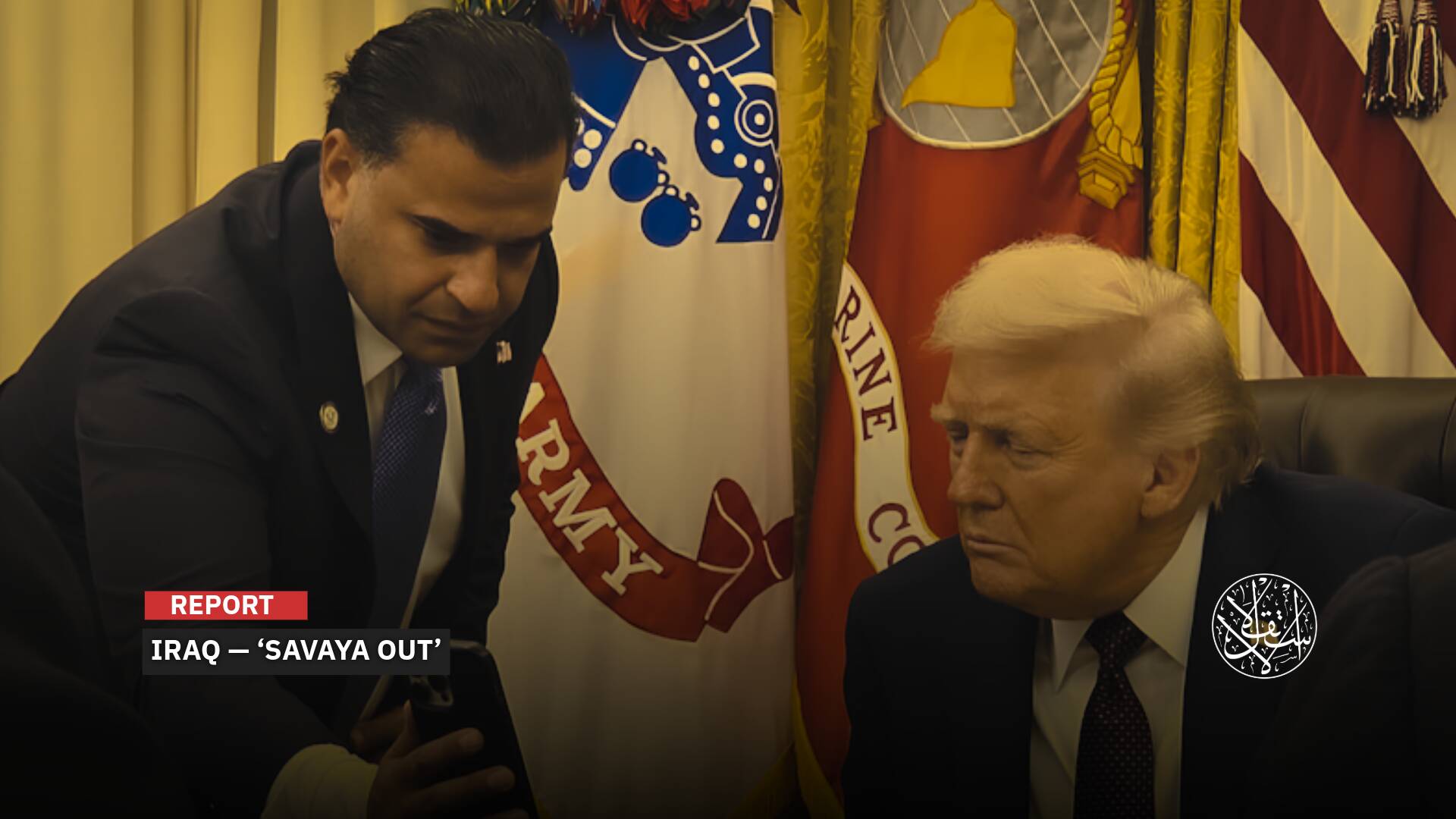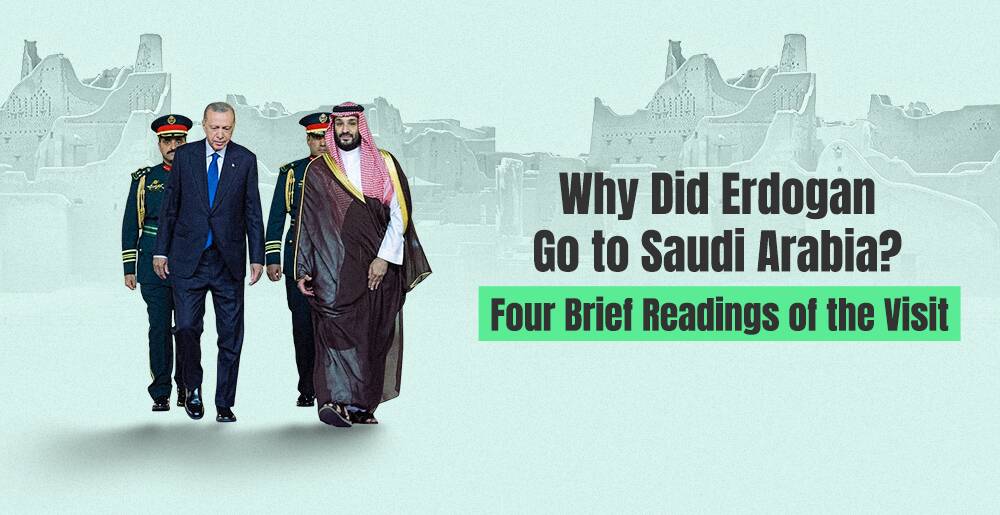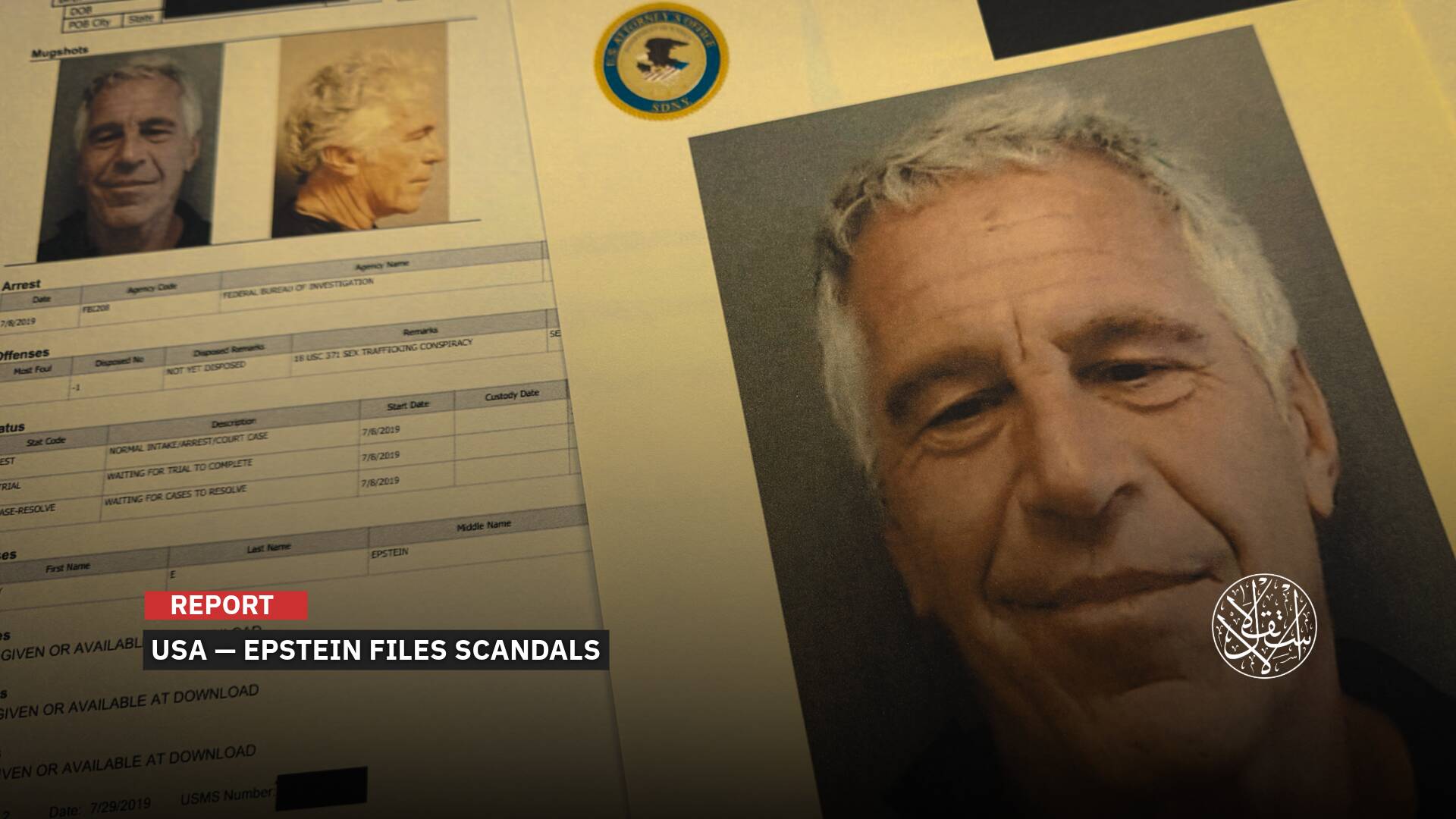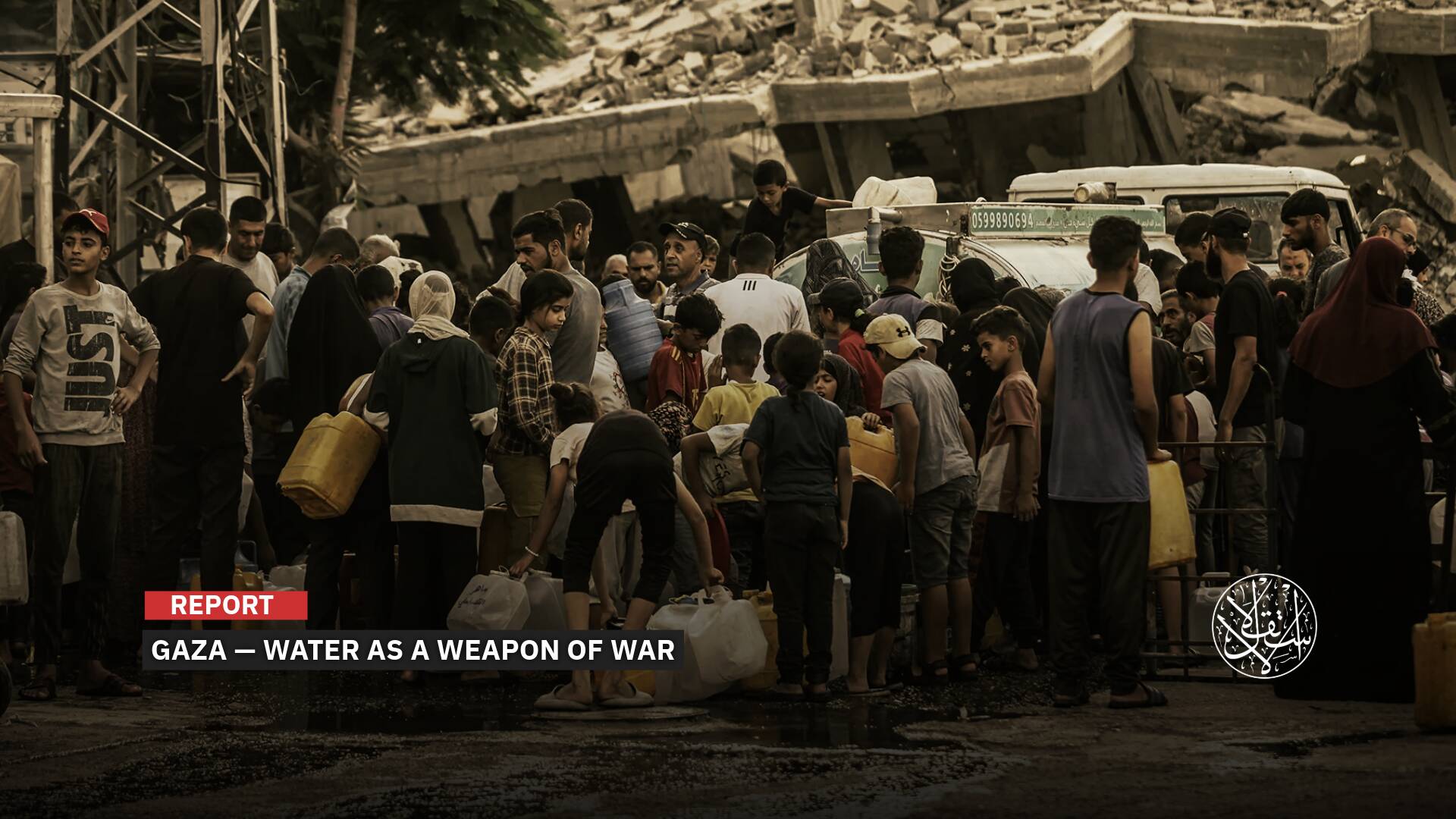Is It a Religious War Between the Catholic and the Orthodox Churches?
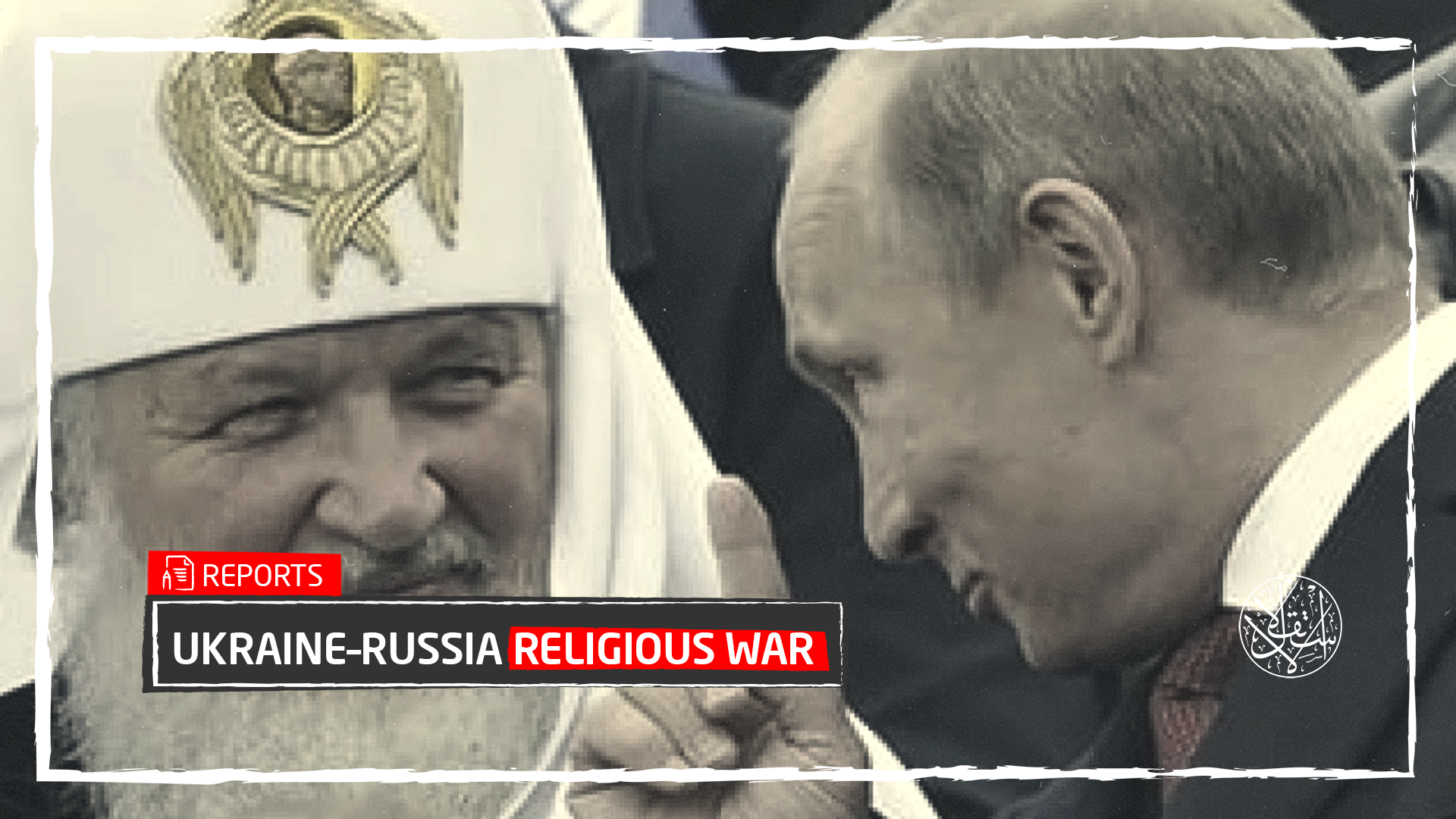
The Financial Times published a report entitled Is religion the new divide between Russia and the west? The analysis focused on the severe differences between Pope Francis and the Russian Orthodox Church over the invasion of Ukraine.
The report noted that Pope Francis did not blame Vladimir Putin for unleashing violence in Ukraine. The argument was that the Pope "never named a head of state."
On the other hand, the writer pointed out that two weeks ago, the Argentine-born pope spoke uncompromising language against the war. Francis said the atrocities in Ukraine, attributed to Russian forces, brought back memories of the Rwandan genocide in the 1990s.
The Pope's statements provoked a reprimand from the Patriarchate in Moscow, and Putin's war revealed sharp differences between the Roman Catholic Church and the official Russian branch of Orthodox Christianity.
The writer said that we should not be surprised that the Russian Orthodox Church—with the exception of some brave low-ranking priests—stands firmly on Putin's side.
He explained that, as in other Orthodox countries, religious faith in Russia has deep historical ties to national identity and state power. Considering that the second and most important point is that the Church hierarchy, under Cyrille, fights on behalf of Putin and argues that Russia is defending Orthodox Christianity against the decadent West.
The writer referred to what Rowan Williams, who served as Archbishop of Canterbury from 2002 to 2012, wrote, “Vladimir Putin sees himself as the protagonist in a battle for the survival of an integrated Christian culture, just as the Islamic State portrays itself as the defender of the purity of Islamic culture.”
Independent Ukrainian Church
Hosni Mahali an international relations researcher believes that the Russian intervention in Ukraine is a “crusade to save the Orthodox Holy Land from the heretics and Western apostates,” meaning the Kyiv rulers are supported by Washington and its allies.
On December 16, 2018, US-backed Ukrainian President Poroshenko announced the establishment of an independent Ukrainian Orthodox Church. About the Russian Church, Poroshenko said that "Ukrainian national security depends to a large extent on religious independence from Russia," considering this decision "a victory for the faithful people of Ukraine over the demons of Moscow."
Poroshenko made the announcement at a special meeting of bishops in the Ukrainian capital, Kyiv. The 39-year-old bishop, Epiphany, was elected head of the Ukrainian Autocephalous Orthodox Church.
The separation of this church from the Russian Patriarchate in Moscow, to which it had been affiliated since 1686, was a shock to President Putin, who sought to block this in vain. It was also a failure of the head of the Russian Orthodox Church, Patriarch Cyrille, who has been working since the independence of Ukraine in 1991 to unite the Orthodox churches.
Hosni Mahali believes that the separation of the Ukrainian Church from the Russian Church represented a major blow to the Russian president’s calculations. As the Orthodox Ukrainians constituted about 25% of the total Christians affiliated with the Russian Church, which lost millions of followers and millions of dollars from church property that Kyiv sought to control to the east of the country.
This matter embarrassed the Russian Church, at a time when Orthodox Christianity witnessed a great revival in Eastern Europe after the fall of the Soviet Union, both in Russia and in the surrounding countries, as more than 60% of the population is Orthodox.
Turning Point
France 24 reported that after the Russian military offensive, Ukrainian believers and heads of the Ukrainian Church of the Moscow Patriarchate distanced themselves from the clergy in Moscow, raising questions about one of the Kremlin's most important positions of influence in the country.
The priest Nadezhda wipes a tear before telling FRANCE 24: "Of course, it is a painful invasion. The country must be protected, but we must also think about how to stop the war."
But his statements come in complete contrast with Patriarch Cyrille, the Patriarch of Moscow and the supreme spiritual leader of this church. Three days after the outbreak of this war, the Patriarch attacked the "forces of evil" who stood against the historical union between Russia and Ukraine.
Ukraine has two competing Orthodox churches: one independent and one affiliated with the Moscow Patriarchate. Due to its ancient history spanning 300 years, the latter is the largest in Ukraine as it contains the largest number of dioceses.
This war and its horrors contributed to the deepening of the dispute between the clergy in Moscow and the Ukrainian branch of the Moscow Patriarchate. On Friday, a spokesman for the Ukrainian branch denounced the Kremlin's lies to justify the war.
Heart of Crisis
Nadia Bouchaalah representative of ASCA association for social and cultural action told Al-Estiklal:
“Employing religion in wars is common and it is not surprising. The use of religion in the Russian-Ukrainian war appeared early on the surface of the crisis. It was widely employed on both sides of the crisis in Russia and Ukraine, to the extent that there are those who warn of the danger of the war turning into a religious conflict sweeping Europe.”
She explained: “After the separation of the Church of Ukraine from the Church of Russia in 2018. Most churches remained affiliated with the Ukrainian Church, and it appeared that there was a deep dispute between the two churches. When the Russian forces invaded the Ukrainian lands, February 2022, the Ukrainian Orthodox Church condemned it, along with the churches of Europe and America, including the Catholic and Evangelical churches.”
She pointed out: “This drew attention to the religious role in the conflict, and that President Putin's goal, among other goals, is to unify the Russian and Ukrainian churches under Russian sovereignty.
The BBC revealed that Putin wants to celebrate Easter in the Ukrainian capital to announce the unification of Eastern Orthodoxy under the Russian flag.”
The priest of the Obukhiv Church in Ukraine expressed his sadness in an interview with France 24 saying: "This is our country, this is our land, and this is our people. How can we remain indifferent?"
"We pray for our army, we pray for our nation, because we are a nation," he added, responding to Putin's denial of the existence of a Ukrainian nation. However, He continued, "I cannot carry a weapon, and my only weapon is prayer."


